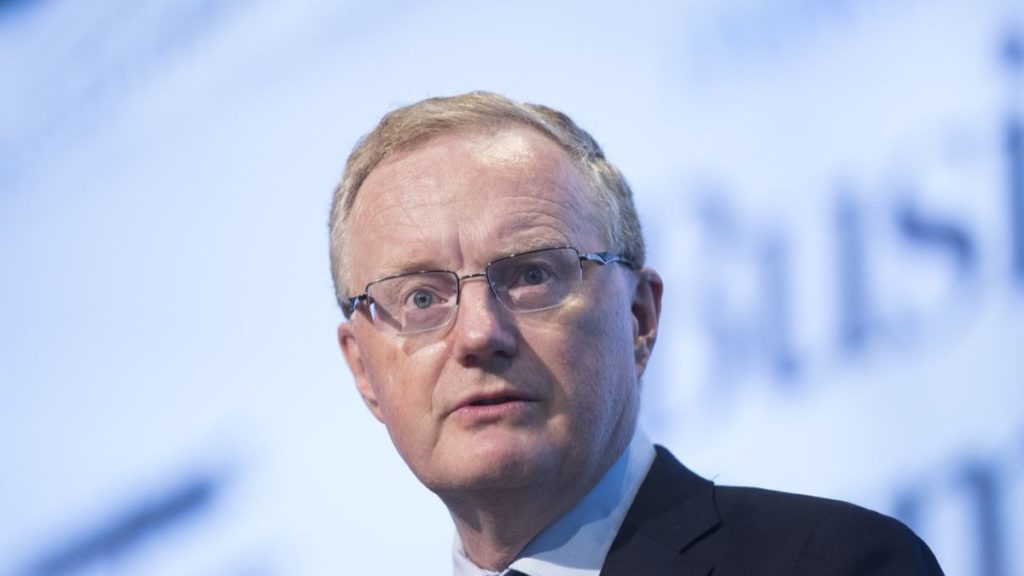The Australian central bank governor suggested on Sunday that with proper regulatory measures set in place, the business of issuing digital tokens can be left in the hands of private sector leaders because they are better at it.
Private solution is going to be better – if we can get the regulatory arrangements right, Lowe says
There is no doubt that the crypto market poses a higher level of risk than any other security or capital market. Over the years, we have seen turbulent times that have affected investors in the space. As the industry continues to advance, governing authorities in different parts of the world are staying open to possible ways to minimize the risk that this market has on the larger economy and monetary systems.

At a panel discussion at the G20 finance officials’ meeting in Indonesia that was streamed online, Philip Lowe, Australia’s central bank governor, aired his opinion on how the market can be effectively regulated and managed. He mentioned that it would be a better option for financial regulators to leave the job of innovation and issuance of digital tokens like cryptocurrencies in the hands of the private sector while they focus on creating good regulatory policies.
Considering the fact that virtual currencies are now being widely accepted by many parties all over the world, he mentioned that these assets are going to have to be backed by the state and regulated just as bank deposits have been regulated.
“I tend to think that the private solution is going to be better – if we can get the regulatory arrangements right – because the private sector is better than the central bank at innovating and designing features for these tokens, and there are also likely to be very significant costs for the central bank setting up a digital token system,” Lowe said.
Lowe and his panelists all agreed with his notion that the space should come under effective regulation as soon as possible.
It was at this same discussion that the Hong Kong Monetary Authority (HKMA) chief, Eddie Yue, said more scrutiny of stablecoins could also help reduce risks from DeFi, which aims to use computer code to remove the need for financial intermediaries from lending, investing, and other financial activities.
“Despite the Terra-Luna incident, I think crypto and DeFi won’t disappear – though they might be held back – because the technology and the business innovation behind these developments are likely to be important for our future financial system,” Yue


